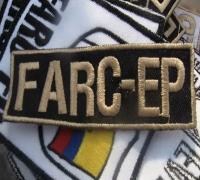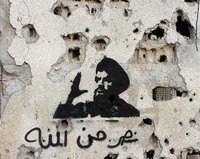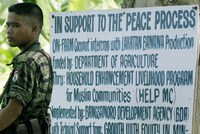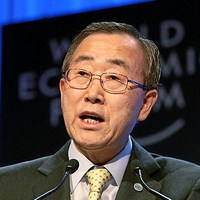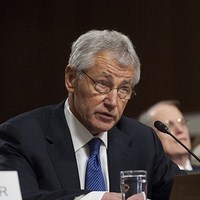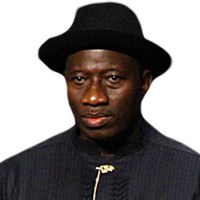
Nearly two years ago, the leaders of Lebanon’s March 14 coalition assembled at a rally on the Beirut waterfront to commemorate the death of former Prime Minister Rafik Hariri and give their beleaguered political movement the shot in the arm it desperately needed. With its festival atmosphere, the rally was the moment many March 14 supporters had been waiting for. The coalition had formed in the wake of Hariri’s assassination as the first major unified movement against Syria, which had long kept troops in Lebanon and controlled its political life. An unprecedented groundswell of public support after Hariri’s killing thrust […]


